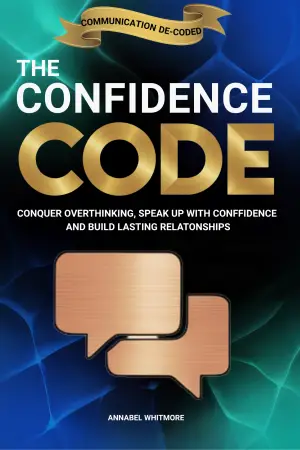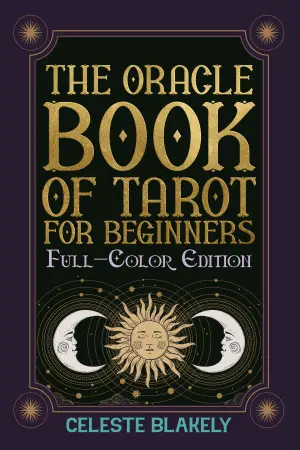Review of Extremely Online: The Untold Story of Fame, Influence, and the Internet
When I first stumbled upon Extremely Online: The Untold Story of Fame, Influence, and the Internet by Taylor Lorenz, it felt like destiny. The idea of unpacking the social history of the internet is tantalizing, especially in a world where every tweet, TikTok, and meme captures our collective attention. Lorenz’s reputation for crafting insightful narratives about digital culture made me giddy with anticipation. However, as I turned the pages, I found myself caught in a web of conflicting emotions.
At its heart, Extremely Online covers a vast landscape—from the birth of viral memes to the influence of platforms like Instagram and Twitter. Lorenz does an admirable job of highlighting the ways in which users have reshaped and redefined these spaces, emphasizing the notion that creators often surpass the visions of their tech founders. This overarching thesis resonates deeply with me; it’s a reminder that while tech giants wield significant power, it is ultimately the users who breathe life into their creations.
However, this book’s execution left me wanting more. The linear structure sometimes felt disjointed. For example, paragraphs would introduce ideas only to leapfrog them for later exploration, leading to a timeline that occasionally felt confusing. I expected a fresher approach to the narrative—less focus on the well-trodden history of app founders and more on the vibrant tapestry of internet users and movements. While some chapters, like the one on mommy bloggers, deviate from the typical tech narrative, others felt like recaps of content I’ve already digested in various articles and videos.
One of the standout sections for me was the examination of Vine. Lorenz skillfully centers the creators, illuminating the dynamic between the app and its influencers. This felt like a genuine exploration of how creativity flourishes in specific contexts, a refreshing departure from the "who’s who" of the tech world. However, much of the latter half felt standard fare—a predictable rehash of established narratives about newer platforms like TikTok.
Furthermore, the book presents a distinctly American view of digital culture. While Lorenz does touch on the absence of Black creators in collab houses, it largely overlooks the rich contributions of East/South Asian or Latinx influencers. This omission felt like a disservice to the diverse tapestry of voices shaping online spaces today. Yet, I understand the need for focus in such a complex subject matter.
Ultimately, my experience with Extremely Online was tinged with a sense of déjà vu. For someone deeply entrenched in internet culture—someone “extremely online”—the material often felt regurgitated. I can appreciate that Lorenz’s thesis might be enlightening for those less familiar with the landscape, but for me, it was a collection of familiar touchpoints rather than a revelatory exploration.
If you’re curious about the nuts and bolts of internet fame and influence, Extremely Online may offer an engaging overview. However, for those of us who have lived much of this narrative, it might come off as a nostalgic recap rather than an untold story. While my expectations weren’t quite met, Lorenz’s exploration of how users shape culture is a conversation worth having, even if I’ve often found myself on the other side of the screen.
Discover more about Extremely Online: The Untold Story of Fame, Influence, … on GoodReads >>






